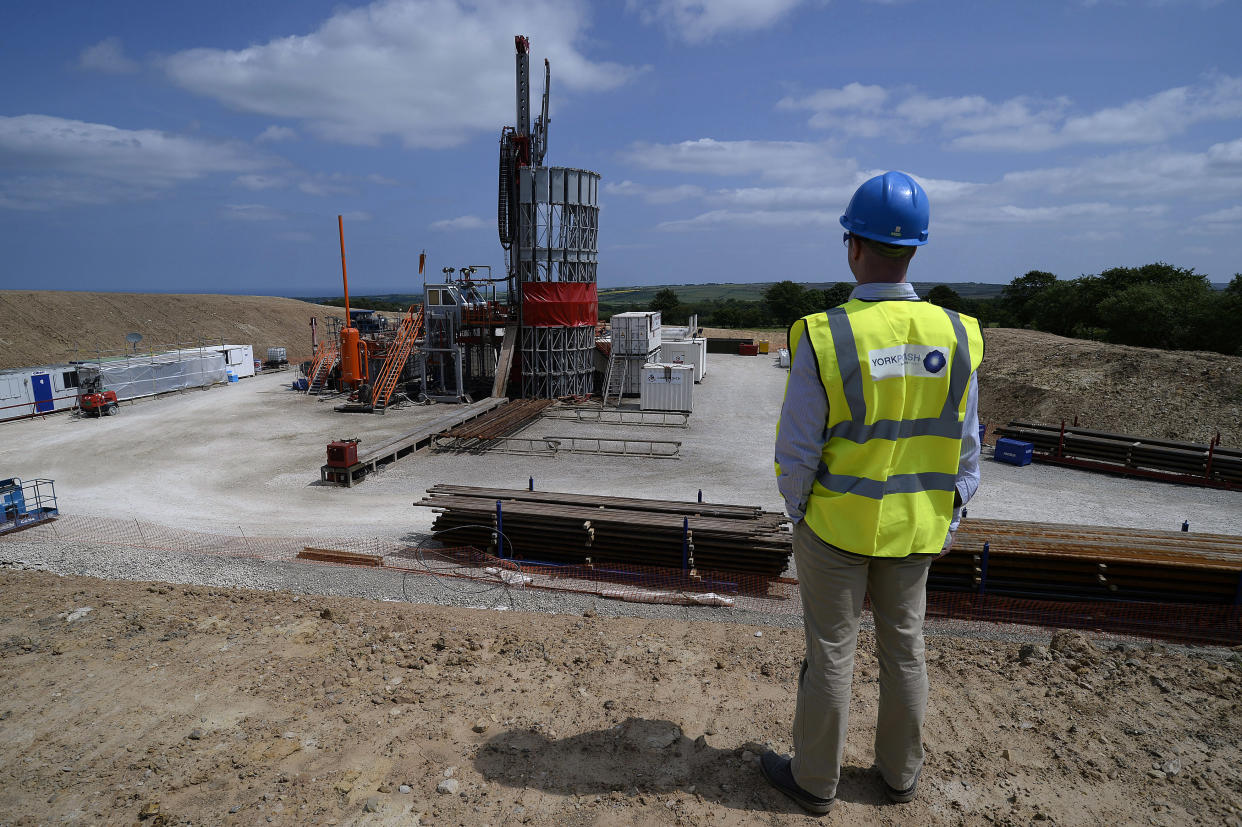Sirius Minerals shares plunge 50% as Yorkshire mine funding in doubt

Shares in Sirius Minerals (SXX.L) plunged by as much as 64% in early trading after the company warned that it could not raise the $500m (£403m) it needs to continue building a huge fertiliser mine in Yorkshire.
Shares in the FTSE 250 company were down by almost 50% at 9.30am, meaning that almost £355m had been wiped off the company’s value.
The company said that “market conditions” meant it would no longer be able to issue a $500m high-yield junk bond, which it needed to do to unlock $2.5bn in funding from JPMorgan.
Sirius Minerals also said that the UK government had rejected its request for $1bn in loan guarantees.
The mine, which would be the largest to be built in the UK in decades, would see the company place two 1.5km shafts below a national park on the North Yorkshire Moors.
This would give it access to a deposit of polyhalite, a type of potash fertiliser that is used in agriculture.
The mine, thought to be one one of the biggest private sector infrastructure projects in Europe, was due to open in 2021 and was expected to create more than 1,000 jobs.
The company had estimated that it would pay up to £500m a year in annual taxes to the UK government.
Sirius Minerals had already paused the issuance of the bond in August, but on Tuesday blamed market conditions, Brexit, and the lack of government support for scrapping the bond proposal altogether.
“This is terrible news for a very large number of retail investors who had put their faith in the company,” said Russ Mould, the investment director of AJ Bell, in a note.
“Many of these shareholders live close to the mine and invested as a show of support in a project that had the potential to greatly improve the local economy.”
Mould said, however, that it was not “game over”, noting that the company had “a few options to try and salvage the project.”
Sirius Minerals said it would now begin a six-month strategic review, which would examine four different funding options for the mine project.
“This is the most prudent decision to give the company the time necessary to restructure its plans to move the project forward,” said managing director Chris Fraser.
The company is currently sitting on £180m. Though this is not enough to complete construction of the mine, it is enough for it to “explore all strategic options”, Sirius Minerals said on Tuesday.
After raising £1.2bn from investors, construction work had begun on the mine shafts and a handling facility at Redcar Bulk Terminal, a deep-water marine terminal.


